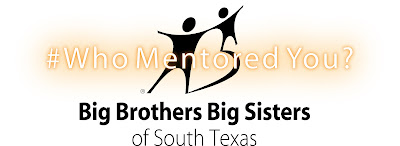I described in my previous post, Sharing Leads to Caring, that the decision to adopt a family for Christmas was motivated by my 13 year old. The craziest part of this story is that we waited so long to get started shopping that Zoe had already gone to her dad's house for the holidays by the time we got down to it. Ariel and Lacey really enjoyed shopping and wrapping and Zoe did get to go with us on a few deliveries. Here is the story in pictures:
There are 19 kids in the 7 families we adopted. Several of them liked to draw so here we are getting sketchbooks and drawing pencils. Ariel has the kids' lists.
The first night we were overwhelmed by the sheer volume of the task and Ariel and Lacey spread everything out in the guest room to get a handle on what we had to do to make deliveries by Christmas. The cat laid on everything and Lacey worried someone would be allergic to cats.
One of the girls, age 12, wanted a bow and arrow, and we are fans of Katniss girl power so that was a priority. We adopted this family in honor of my brother, Uncle Lance.
It wouldn't be Christmas without a trip to Gamestop to buy used PS3 and PS4 games. There were several boys who wanted games, including one who's been given a system, but no games.
We all love a girl who loves to read and asks for a specific series. We adopted this family in honor of my nephew Trey and his wife, Kristina. #afterourhearts
A boy who likes card tricks and magic will probably appreciate a Star Wars stocking filled with candy too. We adopted this family in honor of my sister, Aunt Ali. There were 2 boys and a girl in this family age 12, 13 and 15.
When a 12 year old wheelchair bound boy asks for cologne, you have to make that happen for him. We adopted him and his sister -who "does not like Barbies" ;), in honor of my Grandmother, Marie.
Before the wrapping session. Ariel and Lacey were very concerned about sibling parity. All the families we adopted are surviving on less than $15,000 a year and we wished we could have done more.
The first 2 deliveries ready to go. It took 3 days to make all 7 deliveries. We didn't get lost once but we went to every corner of the city.
Lacey hands out stockings to her sisters. The deliveries were quick - in and out of the homes. We met some wonderful people and a truly adorable cat named Duncan.
Making a delivery to the family of 4 kids aged 8-14 that we adopted in honor of my parents, Rich and Peggy (Grandma and Granddad).
This was the only family that asked to take a picture with us. We adopted them in honor of my brother and his family: Aunt Lyn, Andrew and Marilyn.
The mini photo albums we made of the experience that we gave to our family members, with info about the kids' Christmas wishes, our shopping and delivery experiences and pictures.
My favorite pic: Lacey and Ariel putting the perfection finishing touches on the sponsorship story books.
We decided that we will definitely do this again next year, but definitely not as many families. ;) The kids are hoping we can adopt the family of 5 kids we sponsored this year in honor of my brother, Uncle Richard and his family again next year!








































